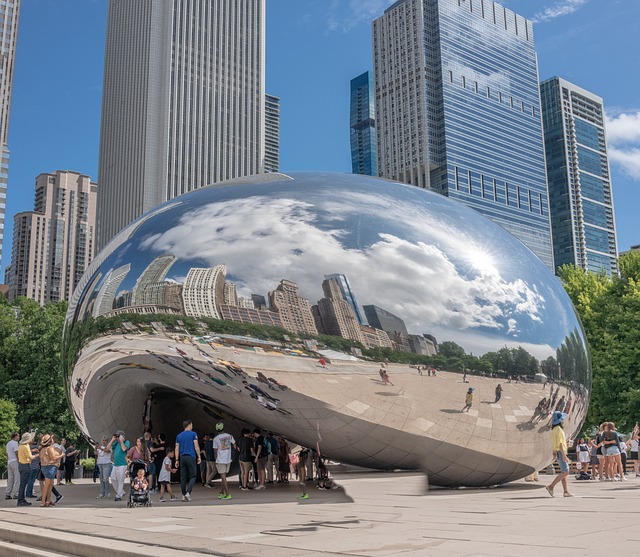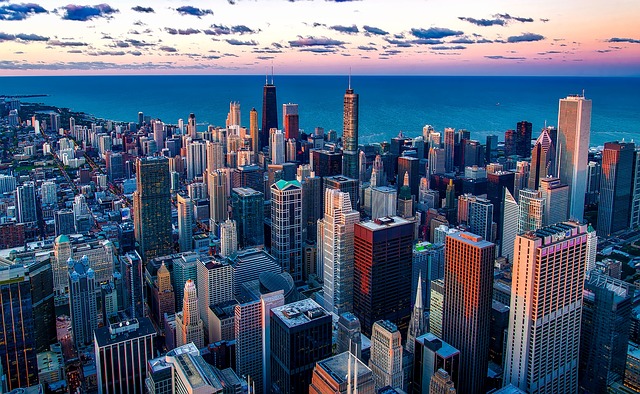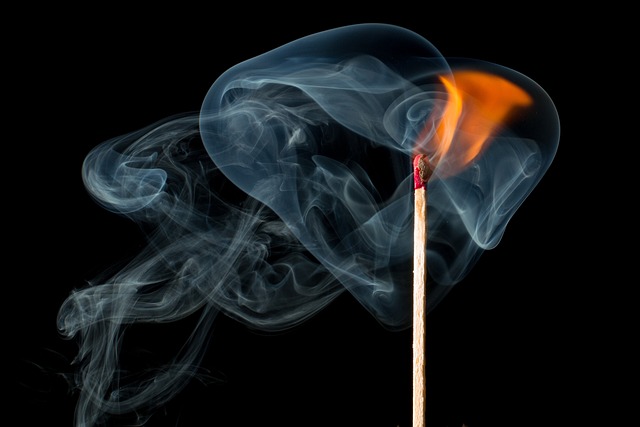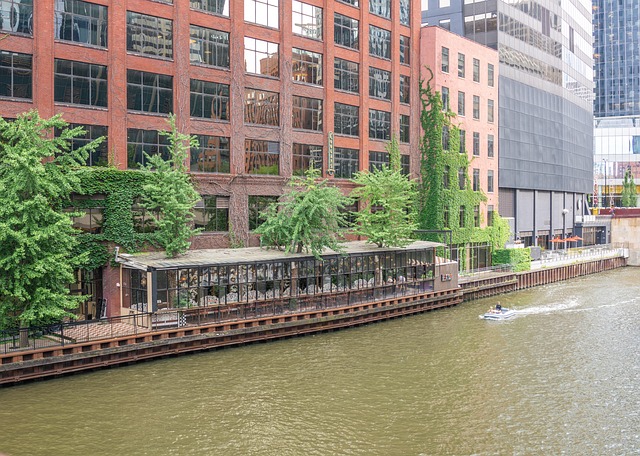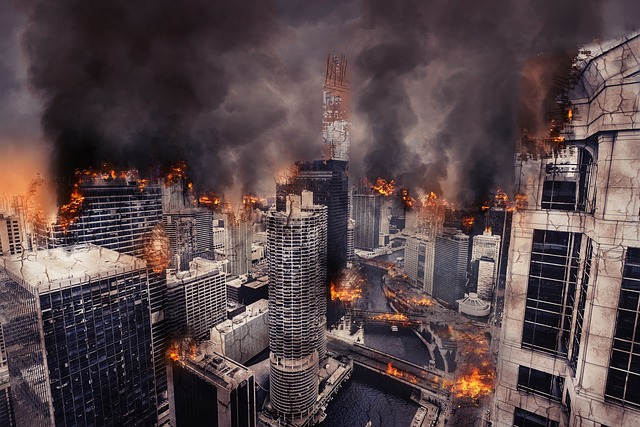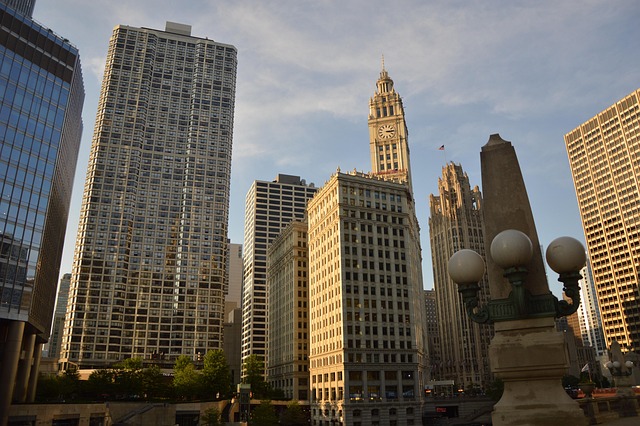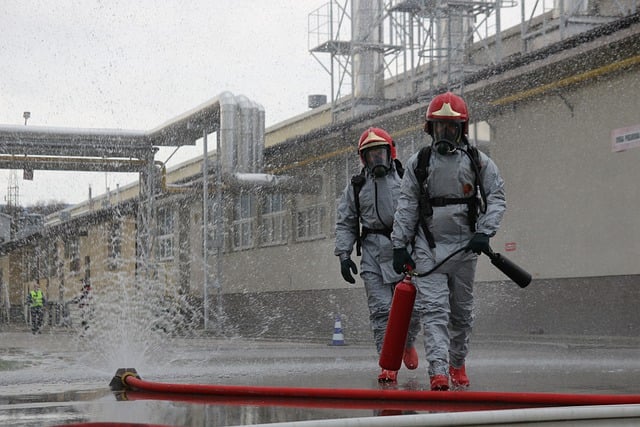When selling your house after a fire in Chicago, IL, adhere to strict property disclosure laws. Sellers must disclose known defects, structural issues, and previous disasters like fires in a Property Disclosure Report (PDR). Buyers have the right to inspect and request repairs, restoration info, and costs. Consult legal experts or real estate professionals for guidance on disclosures and potential challenges during post-fire sales.
In the event of a house fire, selling your home in Chicago becomes a complex process with specific legal requirements. Illinois property disclosure laws play a crucial role in ensuring transparency during real estate transactions, especially post-disaster scenarios. This article guides homeowners through the intricacies of selling their properties after a fire in Chicago, highlighting key aspects of these laws and offering practical advice for a smooth sale. By understanding your obligations, you can navigate this challenging time effectively.
- Understanding Illinois Property Disclosure Laws
- Selling Your House After a Fire in Chicago: What You Need to Know
Understanding Illinois Property Disclosure Laws
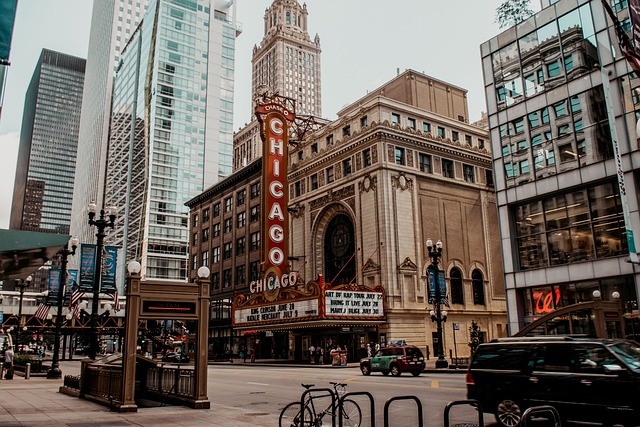
In the state of Illinois, particularly when selling your house after a fire in Chicago, understanding property disclosure laws is crucial. These laws require sellers to disclose any known defects or issues that could impact a potential buyer’s decision to purchase a property. This includes structural problems, water damage, mold, and even information about previous disasters like fires.
Knowing what needs to be disclosed helps buyers make informed decisions and can prevent legal disputes post-sale. Sellers must provide a Property Disclosure Report (PDR) that details any known issues, though it’s important to note that the law does have exemptions for certain types of defects and situations, especially when dealing with unforeseen events like fires that may leave remnants or symptoms but not always clear indications during inspection.
Selling Your House After a Fire in Chicago: What You Need to Know
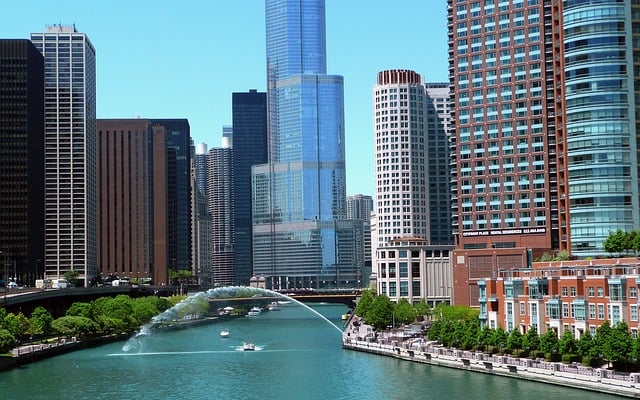
Selling your house after a fire in Chicago comes with unique challenges and considerations, especially regarding property disclosure laws. In Illinois, sellers are required to disclose any known defects or material facts that could affect a buyer’s decision. After a fire, this includes revealing the extent of damage, any structural issues, and potential health hazards like asbestos or lead paint exposure. Buyers have the right to inspect the property and may request detailed information about repairs, restoration efforts, and potential long-term costs associated with the fire damage.
Chicago’s strict disclosure laws aim to protect buyers by ensuring transparency. Sellers must be honest about the fire’s impact on the property, providing comprehensive documentation if necessary. This process can be complex, so it’s advisable for homeowners to consult legal experts or real estate professionals experienced in post-fire sales. They can guide you through disclosure requirements and help navigate the potential challenges of selling a home that has been affected by a significant event like a fire.
When selling your house after a fire in Chicago, understanding Illinois’ property disclosure laws is crucial. These regulations aim to protect both buyers and sellers by ensuring transparency about any potential issues or damages. By knowing what to disclose, you can navigate this process smoothly and foster a trustworthy relationship with your buyer, ultimately facilitating a successful sale for your Chicago property.
